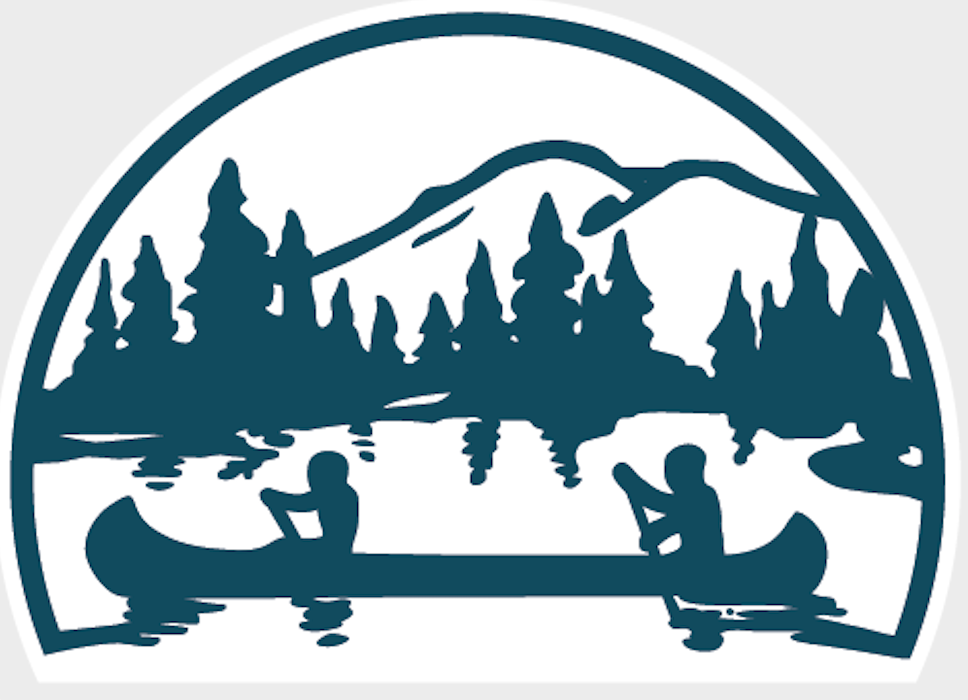
Summer camps, like national parks, are a uniquely American idea. And it’s one of the reasons campers travel from all over the world to experience summer at American camps At Camp Pinnacle, we typically have 16 countries represented each summer, including China, Russia, Israel, Australia, Japan, South Africa, and many countries in Europe and Latin America. So, how and when did summer camps really become popular?
Summer camps began in earnest the late 1880s in response to rapid industrialization. One of the earliest camps was Camp Chocorua located in Squam, New Hampshire, and founded by Ernest Balch in 1881. Balch was concerned about the life of wealthy adolescent boys in the summer. His aim was “to develop hardy, responsible, independent, and resourceful youth by providing no servants, no class distinctions, and no snobbery in his camp’s small, democratic, sharing community.”*

Camps came into being to meet a perceived change in the structure of society from rural to urban and agricultural to industrial. As we witness the current digital transformation of society, we believe that summer camps need to continue to transform to meet newfound needs and help kids grow in a world of accelerating change.
When we reopened a previously closed Camp Pinnacle in 2012, we had the unique opportunity to redesign a program that would meet the needs of children being raised in the digital age. We weren’t limited by an existing program or tradition, and our experience at a variety of camps gave us wide window into best practices and what could be possible. Our first belief was that camp needed to be more fun than video games, because digital media—not other summer camps—is the true competition for the attention and minds of today’s youth. We also wanted camp to be a place that emphasized the development of skills that kids couldn’t get at home; not only outdoor activities and camping skills (the traditional skills learned at camp), but also the life skills that will benefit kids as they grow into young adults.

We studied which life skills experts said kids most needed in order to thrive in the “age of acceleration,” and what we discovered is what author Thomas Friedman calls the “stempathy” skills: communication, collaboration, creativity, leadership, grit, and optimism. These characteristics are most indicative of future success, and they’re all malleable skills, ones that can be improved through practice and hard work.
Naturally, we believe a 21st-century camp needs to be technology-free in order to emphasize face-to-face interaction and the building of strong communities. Understanding the short- and long-term benefits of getting kids outdoors—and knowing that kids today spend less than a hour each day outside while spending almost nine hours each day in front of screens—we wanted to create a place where kids would fall in love with nature, the outdoors, and outdoor activities. And we designed a progression of fun outdoor activities, accessible to every camper, that would let them experience a variety of activities and realize how fun the outdoors could be. We renovated our campus in a way that enhanced the development of community and friendships, and through intelligent design, enhances the outdoor and camp experience.

The world is changing. Camp Pinnacle began in 1928, originally as a sports camp. We couldn’t be more different today. And although one feels an ingrained sense of tradition and a timelessness at Camp Pinnacle, things that make the Pinnacle experience cherished and effective, parents can rest assured that the learning and growing experience at camp enhances and supplements the learning and growth campers already receive from family, school, and organized sports.
*American Camping Association camp history timeline
